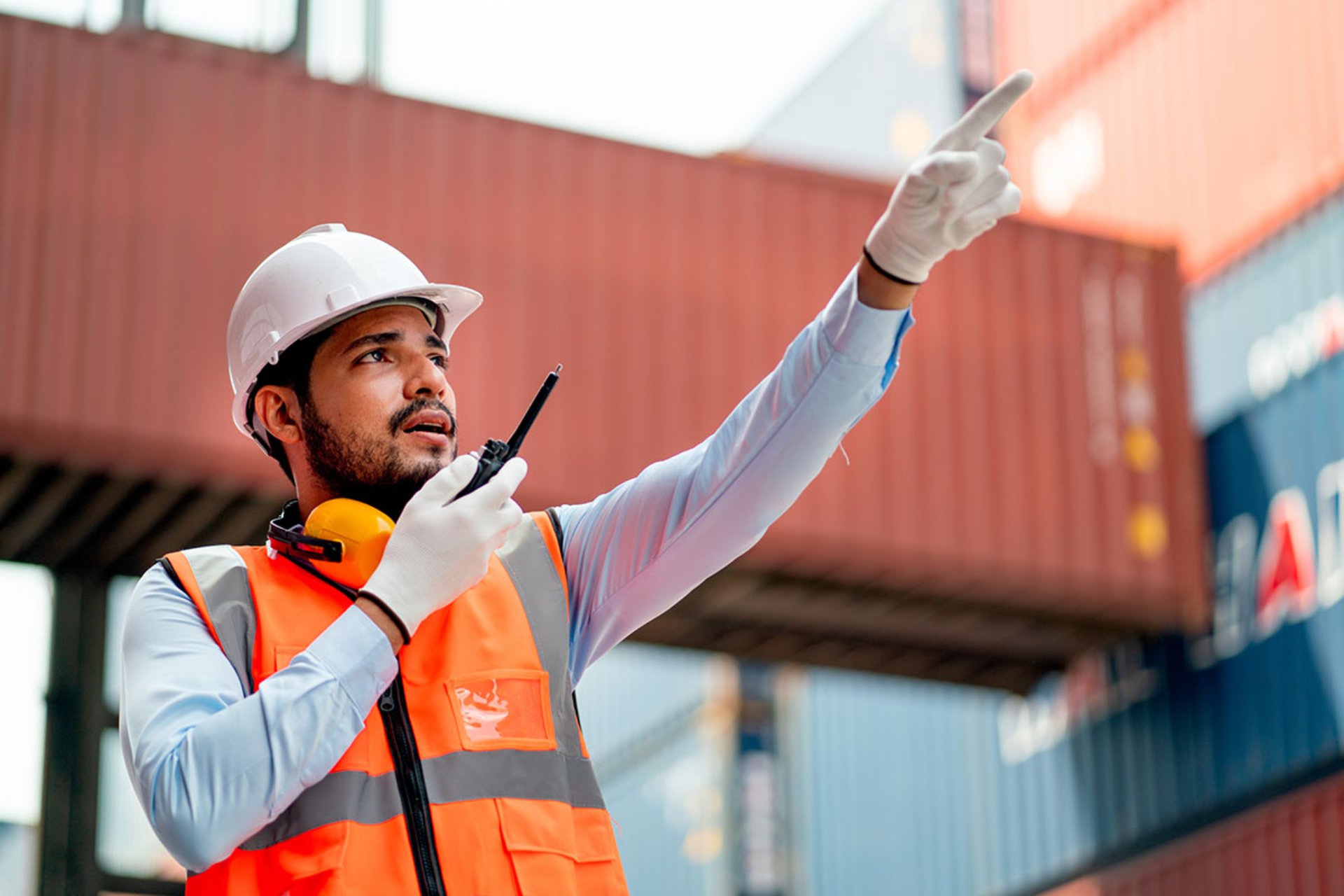Story by
Justin Murphy
Tags /
- Cargo Theft
- Data
- Risk
- Security
Cargo claims are an inevitable part of the shipping industry, but the challenges associated with these claims are growing in both complexity and frequency in 2023. From increasing technological advancements, to the complexity of global trade, the freight insurance industry is facing several significant hurdles, that need to be addressed.
Increasing use of technology within the supply chain
One of the biggest challenges impacting risk levels in the supply chain is the increasing use of technology throughout the shipping process. Digitalization might be shaping a more efficient market, but it also opens up a new range of threats. For instance, the wider range of tech presents more opportunities for cargo criminals to infiltrate platforms and carry out fraudulent activity, like double brokering. Plus, with the growing implementation of automation, as well as digital platforms like TMS and load boards, shippers and carriers are more vulnerable to cybersecurity attacks and data breaches too.
These attacks can compromise sensitive information, disrupt the supply chain, and lead to considerable financial losses. In order to mitigate this risk, shippers and carriers must invest in robust cybersecurity measures and implement disaster recovery plans to ensure that the impact of any attack is minimized.
Navigating the complexity of global trade
Another issue that’s contributing to the challenges in the cargo insurance industry is the sheer complexity of global trade. Goods are frequently transported across borders, through multiple jurisdictions with rules and restrictions to abide by along the way. Navigating the laws and regulations that apply to a particular shipment can prove very complicated.
This can lead to disputes during the claims process, which prevents insurance providers from reaching a settlement quickly and fairly. That’s why it’s vital that shippers and carriers educate themselves on regulations that apply to their loads, and have clear steps in place to resolve any disputes that arise.
Factoring in alternative modes of transportation
The rising use of alternative modes of transport in the freight community — such as air and rail — also poses a challenge to the cargo insurance industry. These different methods of shipping may each have varied levels of protection and liability, which can create confusion and complicate the settlement process, particularly when a single load is being shipped by multiple modes of transport.
To try and counter the effects of this issue, shippers and carriers should ensure they have a clear understanding of the coverage and limitations offered by each mode of transport, and check they’ve got the right protection in place for each shipment.
Finally, as the volume of cargo insurance claims continues to increase, it’s crucial that the industry find efficient and effective ways to manage this influx. That could mean investing in the right staffing levels or adopting new technology, like automated claims solutions, to enable you to process and settle claims more efficiently. A shorter settlement period protects both shippers and carriers from financial damage, while freeing up insurance brokers to boot.
As you can see, there’s no shortage of obstacles facing cargo claims teams in 2023, yet with the right investments and preparations, these challenges can be overcome. By prioritizing the adoption of new technology, streamlining processes, and focusing on customer service, the industry can ensure that cargo insurance claims are handled and settled as smoothly and justly as possible.
